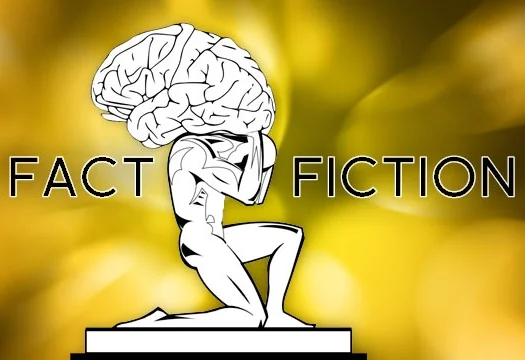The past week has been all about maths for me. Well, not all about maths. There was quite a bit of coding (PHP is not my friend) and some experiments (I blocked ALL the acetylcholine receptors).
But special tribute must be paid to all the maths.
First, for those who didn't catch it, Neuro PhD Candidate Kelly Zalocusky posted a fabulous discussion on statistical reliability in neuroscience, reviewing recent work by Stanford Professor Dr. John Ioannidis that highlights the lack of statistical power in many published neuroscience articles. I highly recommend you read Kelly's article (found here). And, if once you're done reading Kelly's post, you have the irresitable urge to calculate the size of n your data needs to be statistically reliable, I recommend the book Power Analysis for Experimental Research: A Pratical Guide for the Biological, Medical and Social Sciences by R. Barker Bauesell and Yu-Fang Li. If you are a Stanford University affiliate, Lane Library has a digital copy (catalogue record here). Last Tuesday, I used the power charts in the t-test section to calculate the correct n I need to have full statistical power, given my pilot data.
From using math to study brains, to studying brains that are doing math. Just in, by a group of researchers at Oxford University - Shocks to the Brain Improve Mathmatical Abilities. This article initialy crossed my internet browser in the form of coverage in Scientific America, as reprinted from Nature. The "shock" in question: transcranial direct current stimulation. The "brain" - the prefrontal cortex. The "math" - arithmetic - "rote memorization of mathematical facts (such as 2 x 17 = 34) and more complicated calculations (for example, 32 – 17 + 5)". The "improvement" - increased response speed - both immediately after stimulation, and, 6 months later, when Oxford students who had received the stimulation were 28% faster than control compatriots. An in depth analysis of the findings/protocols/interpretations of this study would require me to write a longer post, so for the present I'll just link you all to the original article, published in Current Biology.
And, to round out our maths trilogy, this morning Gizmodo posted two video's featuring a mathematician explaining math jokes. It's funny. Very funny. Cora Ames, I expect you to integrate this concept into an improv segment. (Maths jokes, Explained)
A few other (non-math related) links:
Science Seeker Awards - With special call out both Part 1 and Part II of The Crayolafication of the Brain (Part II won best psych/neuro post)
SfN Careers Youtube Channel highlights alternative career choices - video interviews with Society members whose career paths are not of the traditional academic flavor.
A meta-analysis of the use of literary puns in science article titles. Yeah, we scientists took English Lit in college, too.


